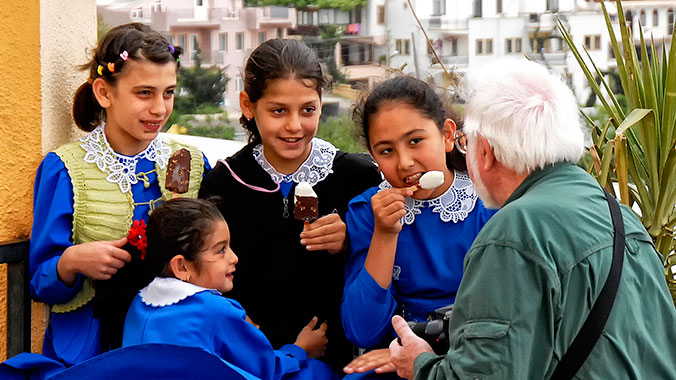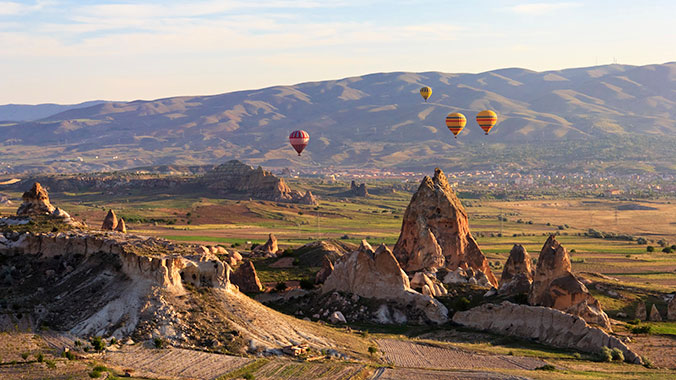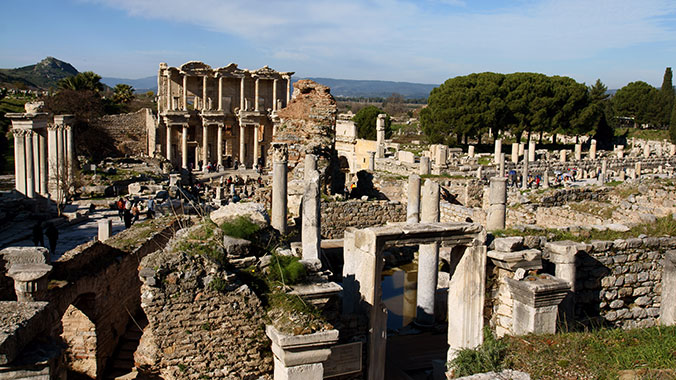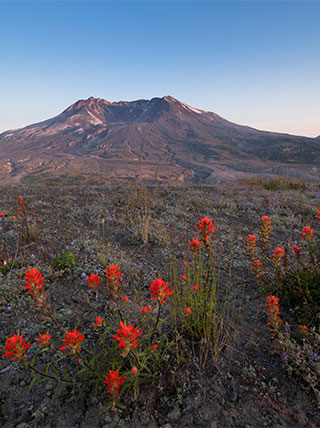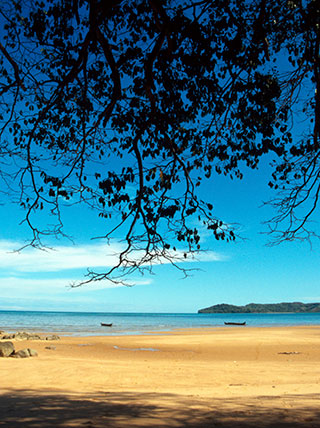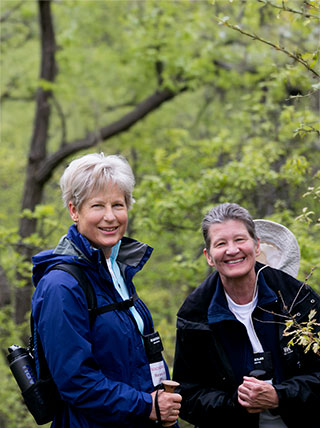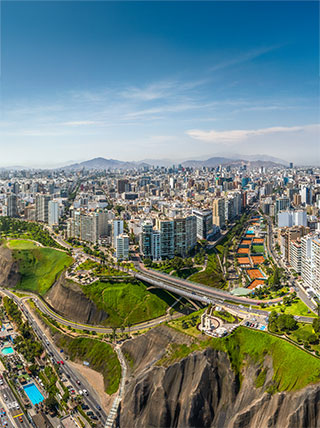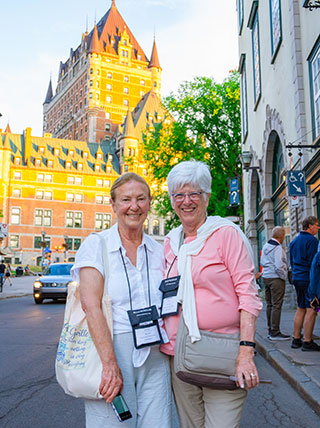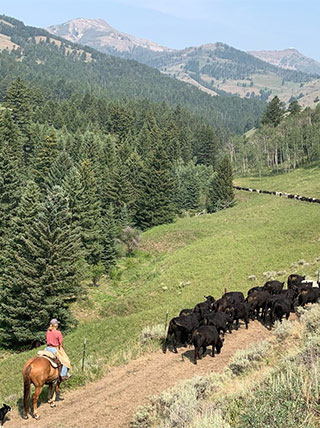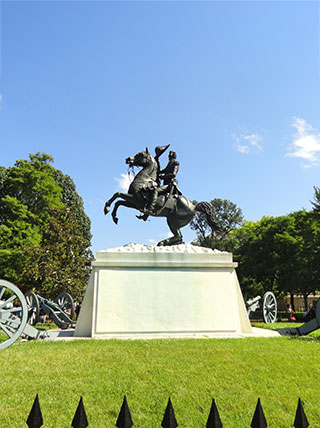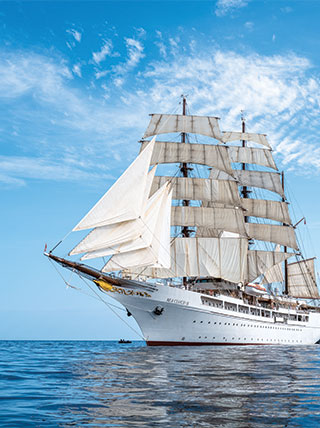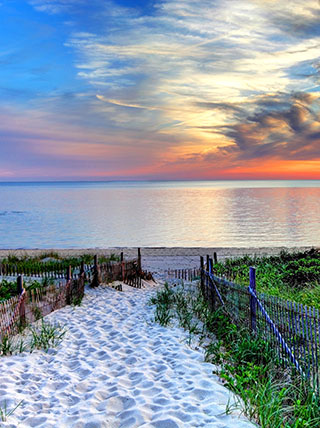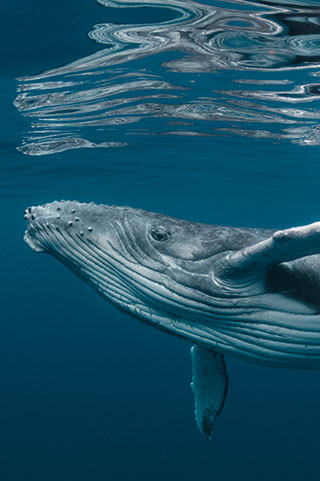Turkey
The Best of Turkey: A Journey by Land and Gulet
Program No. 18761RJ
Go off the beaten path as you explore the Turkey seldom seen by tourists. From meeting with a Sufi to expert-led walks and sailing excursions, this adventure has it all.
Enroll with Confidence
We want your Road Scholar learning adventure to be something to look forward to—not worry about. Learn more
Protecting the Environment
We offset a portion of the emissions created by your travel. Learn more
Prefer to enroll or inquire by phone?
800-454-5768
Select your type of room
Price will update based on selection
Prices displayed below are based on per person,doubleoccupancy.
DATES
& starting prices
PRICES
DATES
& starting prices
PRICES
Sep 15 - Oct 1, 2025
Starting at
8,119Sep 22 - Oct 8, 2025
Starting at
8,119Sep 29 - Oct 15, 2025
Starting at
8,119Oct 6 - Oct 22, 2025
Starting at
8,119Oct 13 - Oct 29, 2025
Starting at
8,119Oct 20 - Nov 5, 2025
Starting at
8,119Not seeing the date you're looking for?
To be notified if dates of this program become available, click the button below.
This date is available to book as a private experience for your group!

